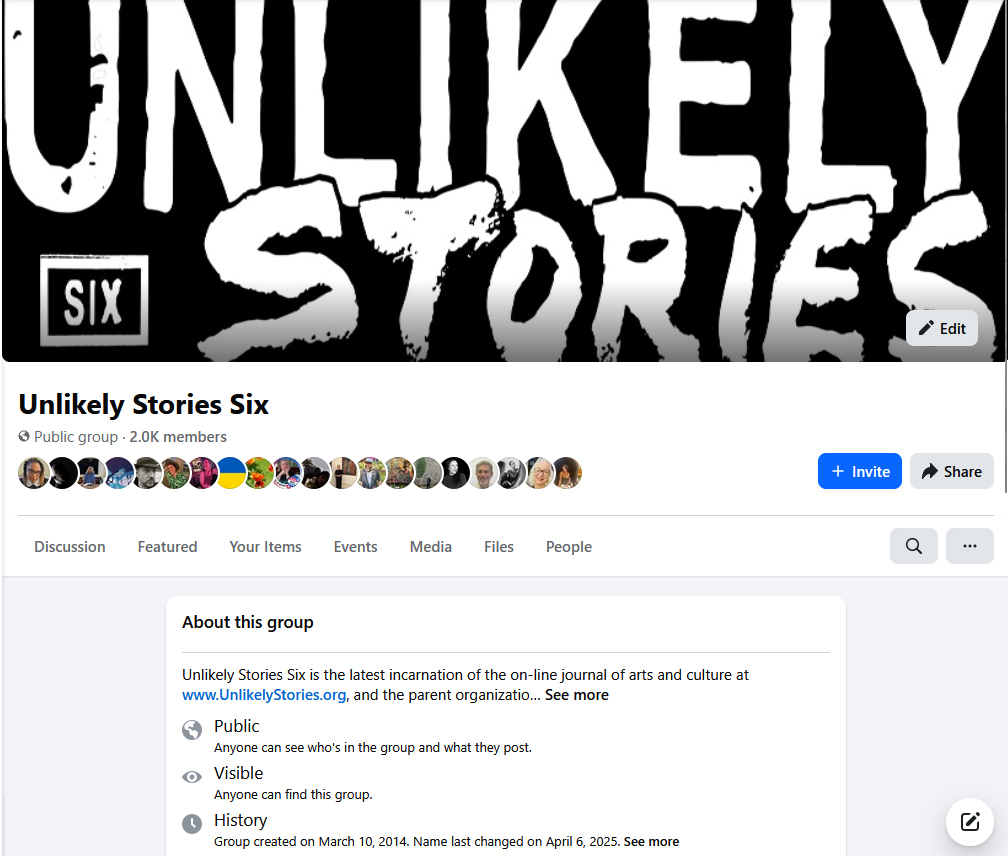a counterapology to Stay: A History of Suicide and the Philosophies Against It by Jennifer Michael Hecht
Hecht is a student of literature, and her good taste shows. When she quotes a philosopher or artist speaking on suicide, she finds meaningful and masterful passages that immediately encourage one to read the original. I’m particularly delighted by her extensive discussion of Schopenhaur, whom, I note with amusement, I have always been warned against: friends and associates of mine who read Schopenhaur have always told me he is a poor, even dangerous, fit for my personal melancholy. But I find this passage, from The World as Will and Representation (trans. E. F. J. Payne), absolutely life-affirming:
The earth rolls on from day into night; the individual dies, but the sun itself burns without intermission, an eternal noon. Life is certain to the will-to-live; the form of life is the endless present; it matters not how individuals, the phenomena of the Idea, arise and pass away in time, like fleeting dreams. Therefore suicide already appears to us to be a vain and therefore foolish action…”
When Hecht stops to analyze literature, her analyses are generally as beautiful as her selections. Consider her thoughts on Hamlet, from page 74:
He is not just asking whether he is too tired and miserable to go on, and he dismisses the question of whether he has something to live for after all. Life is pain, it is slings and arrows…Fate and fortune are outrageous and batter us and pierce our flesh. Heartache and a thousand normal human shocks are wretched. Yet when he says that death is an ending “devoutly to be wished,” it does sound like he is still trying to convince himself. Even the vibrant line about taking up arms against a sea of troubles shows a kind of severe ambivalence, for swords are not the best way to fight the sea. Hamlet does not kill himself. His answer in that deep but narrow question is “to be.” But in this pivotal moment he does not say that he has to stay here, alive, for any specific reason. He just does not see immediate death as a decisively inviting alternative.
Hecht then moves on, reasonably enough, to the more overtly anti-suicide thoughts in Shakespeare’s The Rape of Lucrece. But centuries of readers have found Hamlet’s ambivalence more compelling.
Hecht’s consistent skill in literary selection and analysis make her thoughts on Julie by Jean-Jacques Rousseau all the more jarring. They begin on page 133, and I will quote them extensively:
[Rousseau] has been remembered as both a proponent of tolerance for suicide and a strenuous opponent of suicide. The reason for this is a famous pair of letter’s in Roseau’s novel Julie. The first is from Saint-Preux, a young man in despair because he is in love with a virtuous married young woman. It begins, “Yes, Milord, it is true; my soul is oppressed with the weight of life.” For a long time, he confesses, life has been a burden to him; he has lost everything that made life sweet, and only sorrows remain. “But they say I have no right to dispose of it without an order from the one who gave it me.” Saint-Preux objects to this, addressing his position to Socrates. “Good Socrates, what are you telling us? Does one no longer belong to God after death?”
The young man mentions Arria and Lucretia, Brutus, Cassius, and the “great and divine Cato.” He claims that in the whole Bible one finds not one prohibition against suicide, and notes that when someone in the Bible takes his or her own life, “Not a word of blame is found against any of these examples.” Samson, he notes, is even celebrated. He says the world is bad, and the good in it is mixed with evil. Somewhat shockingly, not only does he want to die, he advises the friend to whom he is writing, the Baron, whom he says he knows to be as miserable as he is, to put an end to his sorrows by taking his life too.
The Baron responds with an intense condemnation of suicide, which Hecht describes for two and a half pages, culminating in this quote direct from Julie (trans. Philip Stewart and Jean Vache):
Know that a death such as you contemplate is dishonorable and devious. It is a larceny committed against mankind. Before you take your leave of it, give it back what it has done for you. But I have no attachments? I am of no use to the world? Philosopher for a day! Have you not learned that you could not take a step on earth without finding some duty to fulfill, and that every man is useful to humanity, by the very fact that he exists?
In those two-and-a-half pages, Hecht repeatedly asserts the rightness of the Baron’s response, even going so far as to use that most dangerous of superlatives, wisely. Which is weird, because although Rousseau did not kill himself, and I have no plans to kill myself, I find Saint-Preux’s argument far more compelling than the Baron’s self-righteous rage.





Comments
Tobey Hiller (not verified)
JoaniJoaniJoani... (not verified)
Regina Rheda (not verified)
Add comment